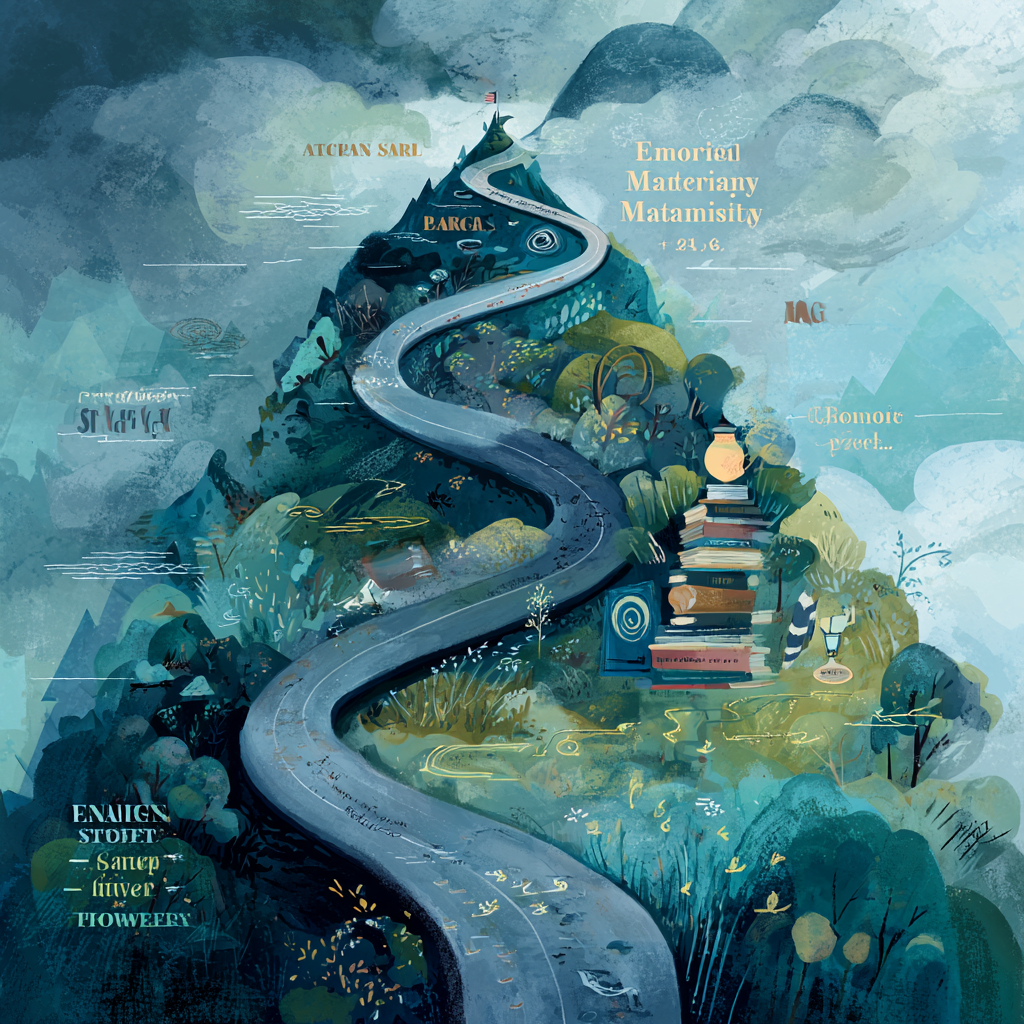Study Narcissism and Emotional Maturity: Strategy #13
Introduction
Hi everyone, this is Blake Anderson and I'm a Registered Social Worker and therapist here in Toronto, Ontario. I have over 13 years of collective experience as a social worker and five years working as a therapist. I'm offering a course online for those who've been on the receiving end of narcissistic abuse as well as within the scapegoating role. As part of that course, I'm offering 20 different strategies and approaches—these are 20 tips that can help you recover and address the issues of narcissistic abuse as well as the scapegoating role. In this blog post, which supplements my YouTube video on the topic, I'm gonna be talking about the 13th tip or strategy, and that primarily has to do with studying and really having a good knowledge of emotional maturity and narcissism.
Understanding Narcissistic Abuse and Scapegoating
Narcissistic abuse often leaves individuals grappling with manipulation, emotional turmoil, and the burdensome scapegoating role, where blame is unfairly assigned. Survivors frequently face challenges in recognizing patterns due to gaslighting or internalized doubt. This section integrates with Tip #13, emphasizing how studying narcissism and emotional maturity serves as a cornerstone for narcissistic abuse recovery, empowering you to reclaim control through informed awareness.
Strategy #13: Studying Narcissism and Emotional Maturity
Knowledge is power and the more knowledge you have, the more equipped you're gonna be when interacting with these individuals. And so I would encourage you just to make it a priority to do your basic reading.
To advance your application of this strategy for scapegoat healing:
Balance Book Knowledge with Observation
Start with the course as your foundation—it's a solid entry point into understanding narcissism. Then, integrate practical steps: observe real-life interactions, note patterns in narcissistic behavior, and journal your observations. This mirrors university learning, where theory meets practice, helping you spot emotional immaturity versus maturity in dynamics.Prioritize Without Overwhelm
Knowledge is power, but avoid burnout. Dedicate consistent, manageable time to reading—perhaps one chapter or article per week. Focus on how emotional maturity involves empathy, accountability, and self-regulation, contrasting sharply with narcissistic traits like entitlement and lack of boundaries.Leverage Expert Insights
Draw from leaders in the field through the 25 recommended books in the course. For instance, explore concepts of emotional maturity in resources that align with four-quadrant perspectives (emotional, cognitive, behavioral, systemic). This equips you to assess: What kind of dynamic am I dealing with?
Advanced Applications in Narcissistic Abuse Recovery
Extending beyond basics, consider how studying narcissism fosters long-term resilience in scapegoat healing. When you understand nuances—like how narcissists may project immaturity onto others—you're better prepared to set boundaries without self-doubt. Combine reading with mindfulness: During interactions, pause and ask, "Is this emotional maturity or manipulation?" Confide in a trusted friend for external validation, reinforcing your practical knowledge.
For SEO terms like "emotional maturity vs narcissism" or "books on narcissistic abuse recovery," consistent study transforms insight into action. Honor this process—it's not about obsession but empowerment. If a book resonates (from the 25 provided), revisit it; apply its principles to past scapegoating experiences for deeper healing.
Navigating the Complexity
Integrating theory and practice allows you to navigate narcissistic dynamics with confidence. Continual learning from experts, combined with personal reflection, positions you ahead in recovery. Prioritizing knowledge without excess honors your journey, turning potential overwhelm into structured growth.
Conclusion
In summary, Tip #13—studying narcissism and emotional maturity—is essential for equipping yourself against narcissistic abuse and the scapegoating role. With the course as your head start, the 25 books, and practical tools like journaling and mindfulness, continue to learn and apply. You're building a foundation for healthier interactions and authentic healing. Stay committed to this progressive journey.


